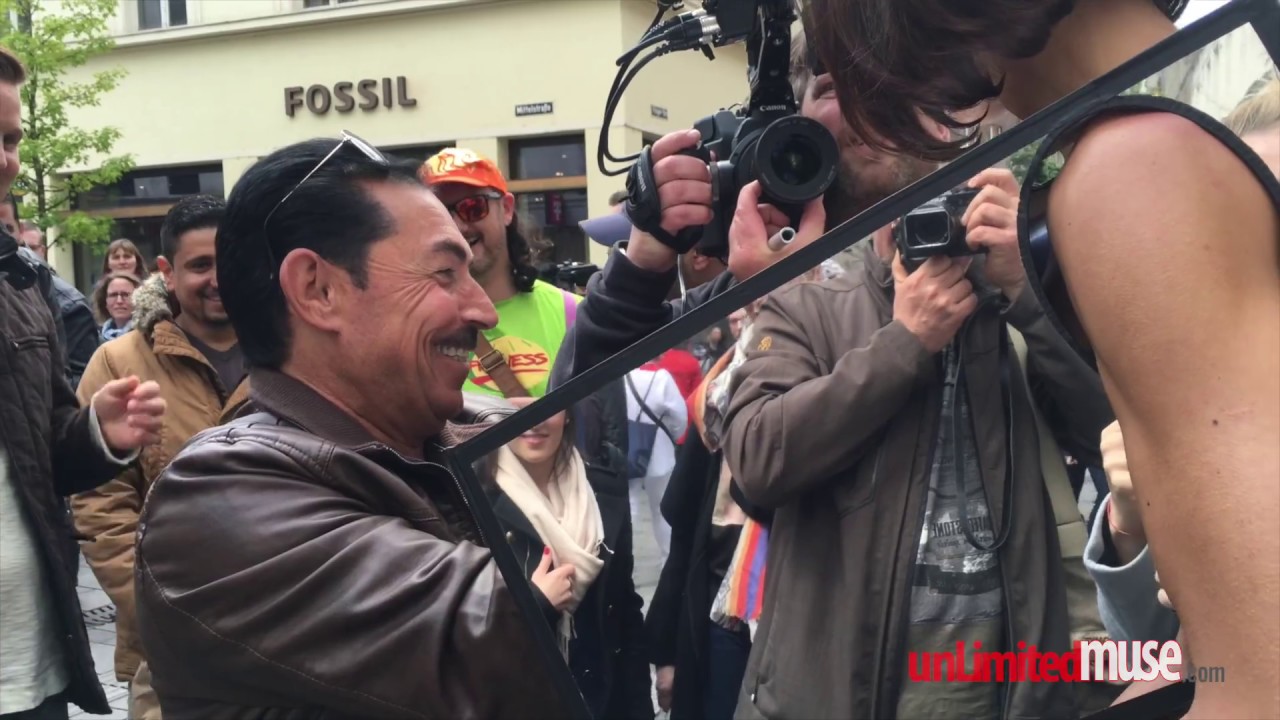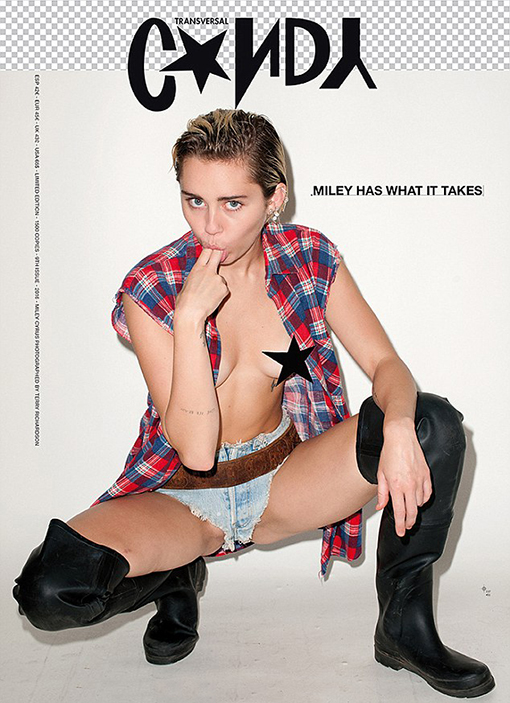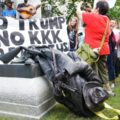
There have long been debates over where to draw the line between illegal public nudity and nudity for the sake of performance art. Public nudity is generally illegal in the United States, however there are no federal laws that specifically prohibit it. In fact, in certain contexts, public nudity is protected as freedom of expression under the First Amendment. The issue of public nudity is usually one of state and local laws.
Performance art is one context where the legality of public nudity reaches a grey area. Nudity in art is common, which is seen in the thousands of nude photographs, scultpures, and paintings that exist today. In most states, nudity for artistic purposes is legal due to freedom of expression. However, there are still many cases where live nude models performing in public areas are arrested.
During the Black Lives Matter protests that occurred across the country this year, one protestor in Portland calls into question the legality of public nudity. She’s been dubbed the “Naked Athena”, appearing at a protest wearing only a face mask and beanie, she stood across from a line of police, staring them down. The Naked Athena appeared at the Portland protest well after 1 a.m., doing poses stretching out her arms and legs while in the middle of a cross-walk. One police officer shot rubber balls at her feet in response, causing her to lie down in the street holding up her bleeding leg. One fellow protester came to her defense, standing in front of her with a homemade shield in an attempt to protect the mysterious woman. The Naked Athena, showing no fear, sidestepped the human shield. After about ten minutes of watching the naked woman, the officers left, and she disappeared soon after.
At the time, the identity of the woman was unknown. But in a podcast interview with Unrefined Sophisticates that occurred later in the summer, the Naked Athena was revealed to be a sex-worker identifying as “Jen”. She discussed what happened during the protest, revealing that her naked declaration had been a spontaneous decision. Jen had spent her whole night clothed and protesting, until she saw a line of police officers standing in what she described as a warrior stance. Recalling being naked as political and a form of expression for her, Jen said she just felt the need to be naked and confront the officers.
If public nudity can be protected under freedom of expression for artistic purposes, surely public nudity in a protest should be protected under the First Amendment as well.
Oregan state law says that nudity is legal as long as it’s not done with the intent to cause arousal. The Naked Athena, Jen, was using nudity purely for self-expression, with obviously no intent to arouse. Her intent was to challenge the officers, to face them directly in her most vulnerable form, daring them.
Many have also criticized the Naked Athena for drawing attention away from the true intentions of the BLM movement, becoming a spectacle rather than creating actual change. Jen has said that these concerns are valid, but she has also made her intentions clear: she was angry. Angry at the officers so she confronted them in a way she knew best, in a form where she felt powerful.
Even if the Naked Athena did distract from the BLM movement, I think her story is a great example of public nudity being used legally as a form of protest and self-expression. The contrast between the vulnerability of the Naked Athena and the militaristic response to the Portland protests creates an artistic scene that tells wonders about our society.







